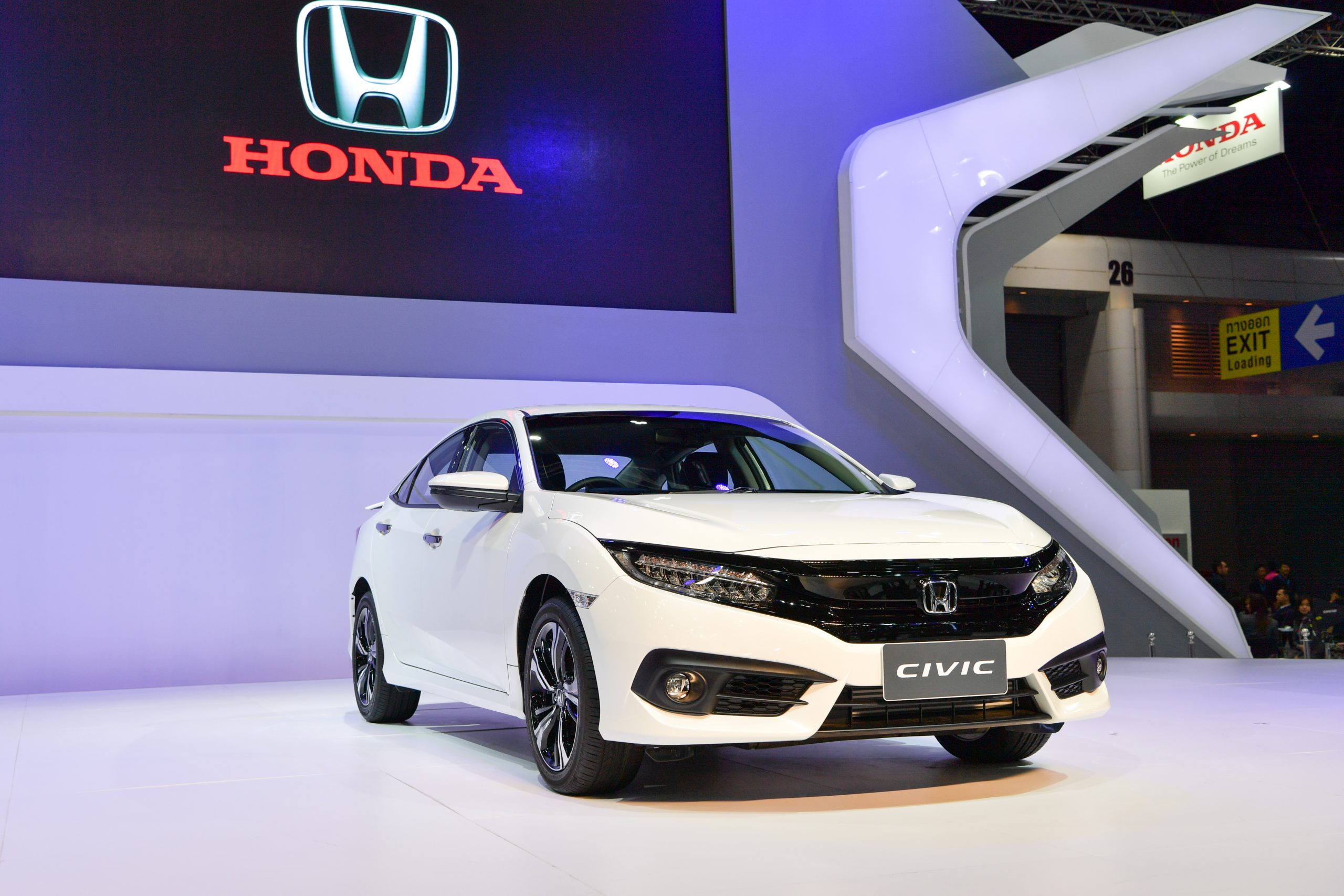A federal district court has held portions of a lawsuit alleging a defect in certain Honda vehicles may proceed.
The lawsuit contends a “Rollaway Defect” exists in 2016, 2017, 2018 Honda Civics. The cars allegedly fail to notify the driver when they are out-of-gear and fail to automatically activate the electric parking brake in certain situations (i.e., when the driver exits). In addition, the plaintiff contends, the vehicles are prone to unintentionally rolling away, which can cause crashes or injuries.
The complaint alleges Honda knew of the defect through avenues including consumer complaints, parts orders, a Honda investigation, and a recall of more than 350,000 2016 Civics.
The court granted in part Honda’s motion to dismiss the lawsuit. In doing so, the court dismissed plaintiff’s warranty claims, as well as any claims for equitable remedies other than an injunction or a declaratory judgment under the Florida Deceptive & Unfair Trade Practices Act.
However, the court denied Honda’s motion to dismiss plaintiff’s claim under that Florida state law. The court reasoned in part that plaintiff sufficiently alleged Honda was aware of a defect that could result in rollaways by June 2016, when he bought his vehicle. For instance, as discussed in the court’s order, an NHTSA Report indicated Honda began receiving complaints about the electric parking brake on December 6, 2015. And, other reports noted the electric parking brake issue reported in warranty claims increased the risk of rolling away and crashing.
The court ordered Honda to file its answer to the complaint.
The case is Patrick Rojas v. American Honda Motor Co. Inc., et al., case number 2:19-cv-10136-DMG-FFM. It is in the U.S. District Court for the Central District of California.
You can read the Court's order below:





